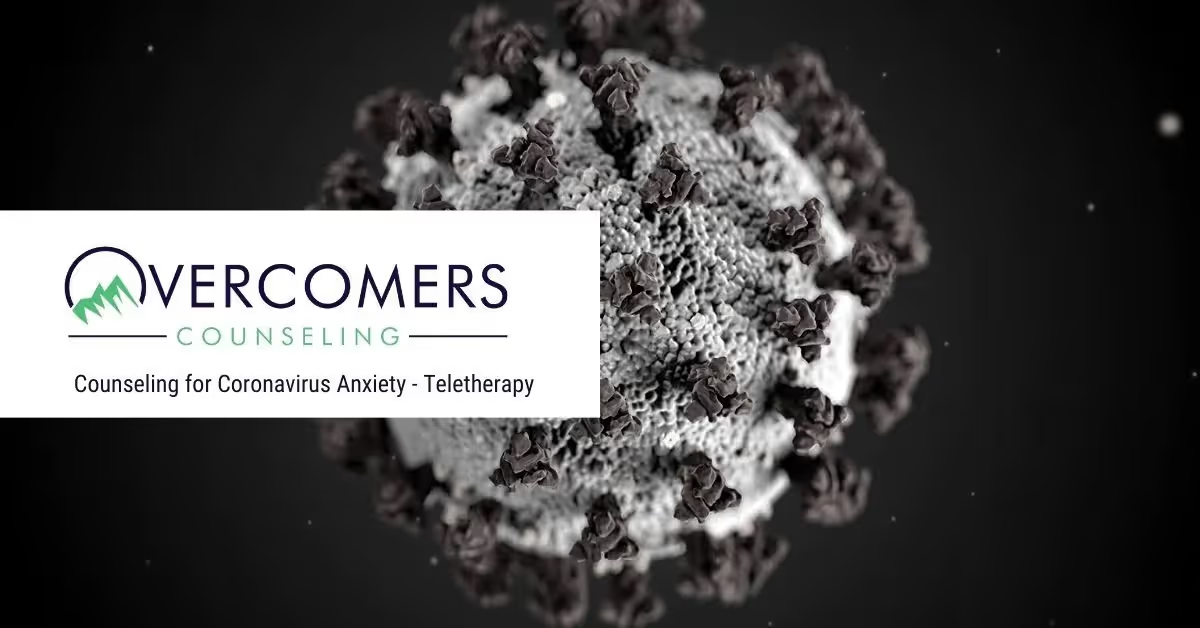With the outbreak of the Coronavirus, anxiety, and fear has run rampant. We live in uncertain times and our mental health stability may be wavering. The...

With the outbreak of the Coronavirus, anxiety, and fear has run rampant. We live in uncertain times and our mental health stability may be wavering.
The outbreak is making it difficult to do the normal everyday activity and we are seeing panic spread as the newscasters paint a dim and uncertain picture for the future.
Common Questions
How long will this last?
How serious is it?
Am I being safe?
Who's really infected and how susceptible am I?
What about my children?
What about my job?
...and the list goes on and on.
One of the most important steps in battling anxiety is to not allow our minds to run rampant.
Even reading the questions listed above, can cause us to start worrying and when we being down this train of thought we must quickly grab a hold of it.
Our thoughts can provoke us to fear and feeling overwhelmed but we must realize, they are just thoughts.
Our mind is a powerful tool and if not disciplined, it can lead to many dangerous activities for our well-being.
Take a moment right now and capture those thoughts.
Fear doesn't have to rule you!
It's important to upkeep your mental health and combat anxiety in your day to day life. Here are some tips:
A great website to check out is: https://www.virusanxiety.com/
Keeping people safe and doing our part is important to Overcomers Counseling. The very nature of our therapist's profession is to provide a safe environment, mentally and physically.
If you need help in any way, give us a call (719) 345-2424.
Teletherapy (video chat) sessions are available.
To reduce your anxiety, you can practice relaxation techniques such as deep breathing, progressive muscle relaxation, guided imagery, and mindfulness practices. Additionally, regular exercise has been found to be beneficial in managing stress and improving mental health.
It's important that you feel comfortable discussing personal matters with your therapist in order to open up and get more out of therapy sessions; therefore finding someone who meets certain criteria like experience level, expertise areas, and personality is key when selecting a therapist who can give meaningful feedback about how best handle issues related to anxiety or other mental health concerns.
Yes, Medicaid provides insurance coverage for therapy services specifically designed to help individuals struggling with anxiety, depression, and other mental health conditions.
Addressing anxiety is crucial because it can significantly impact your quality of life and overall well-being. Left untreated, anxiety can lead to more severe mental health issues, relationship problems, and difficulty functioning in daily life.
The duration of anxiety counseling varies for each individual, depending on the severity of their anxiety and their progress in therapy. Our therapists will regularly assess your progress and adjust your treatment plan as needed.
Ignoring anxiety can exacerbate symptoms and make it more challenging to manage over time. This can result in a negative impact on your personal, professional, and social life, leading to feelings of isolation and even depression.